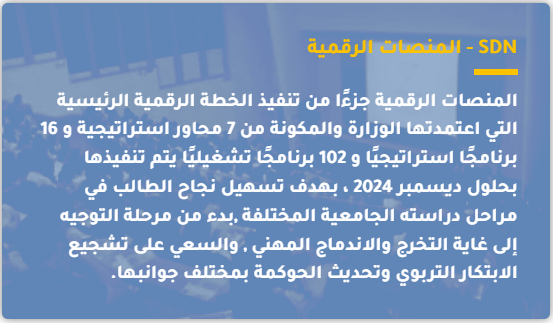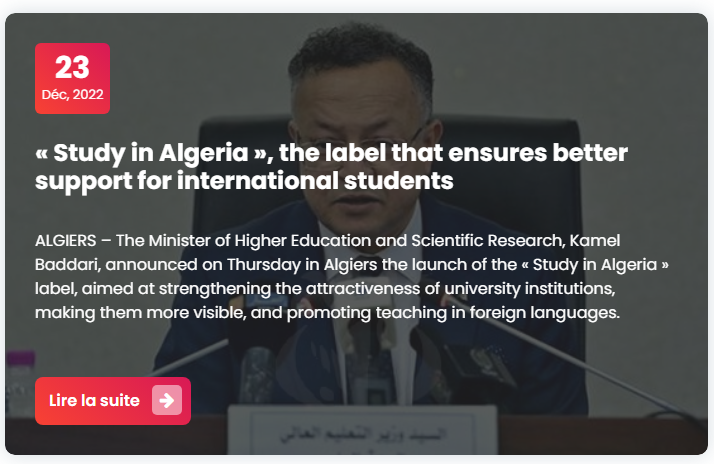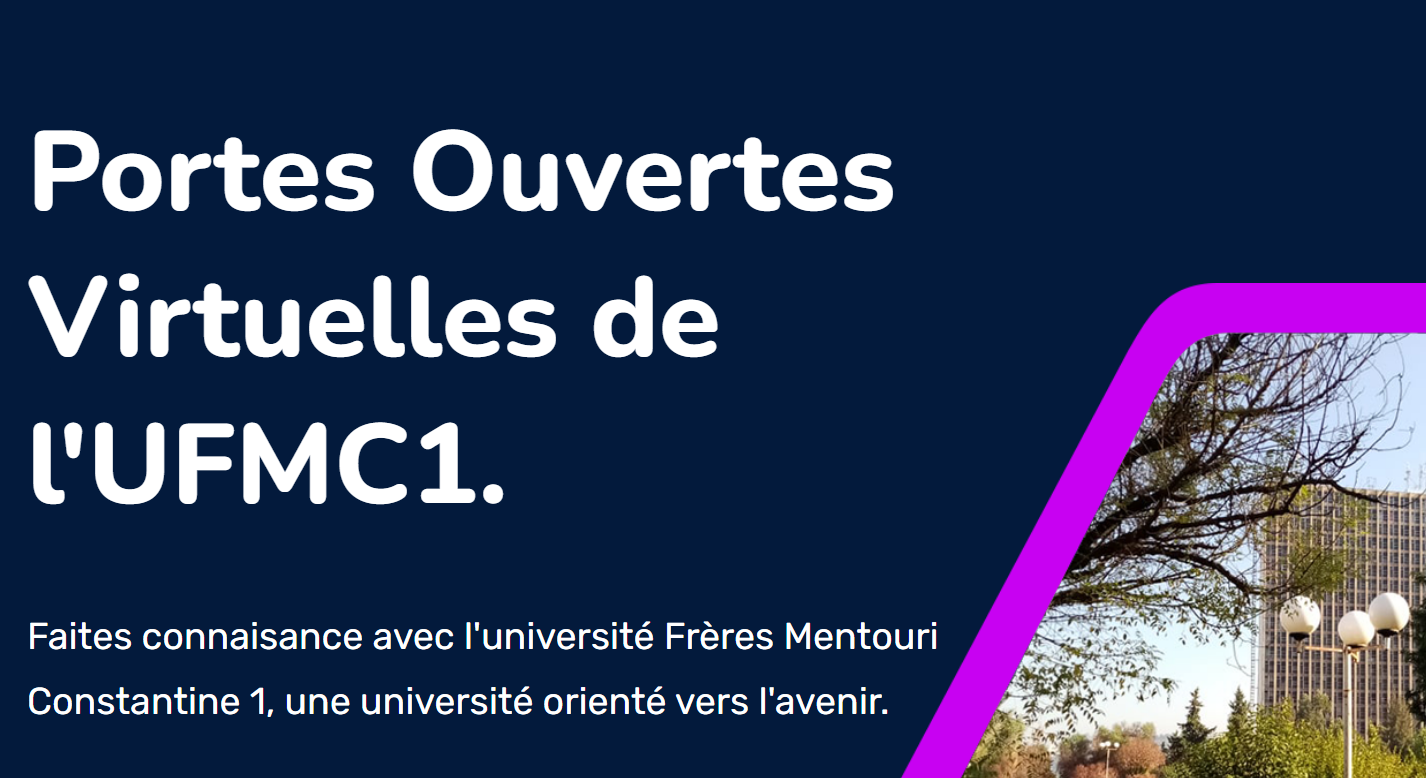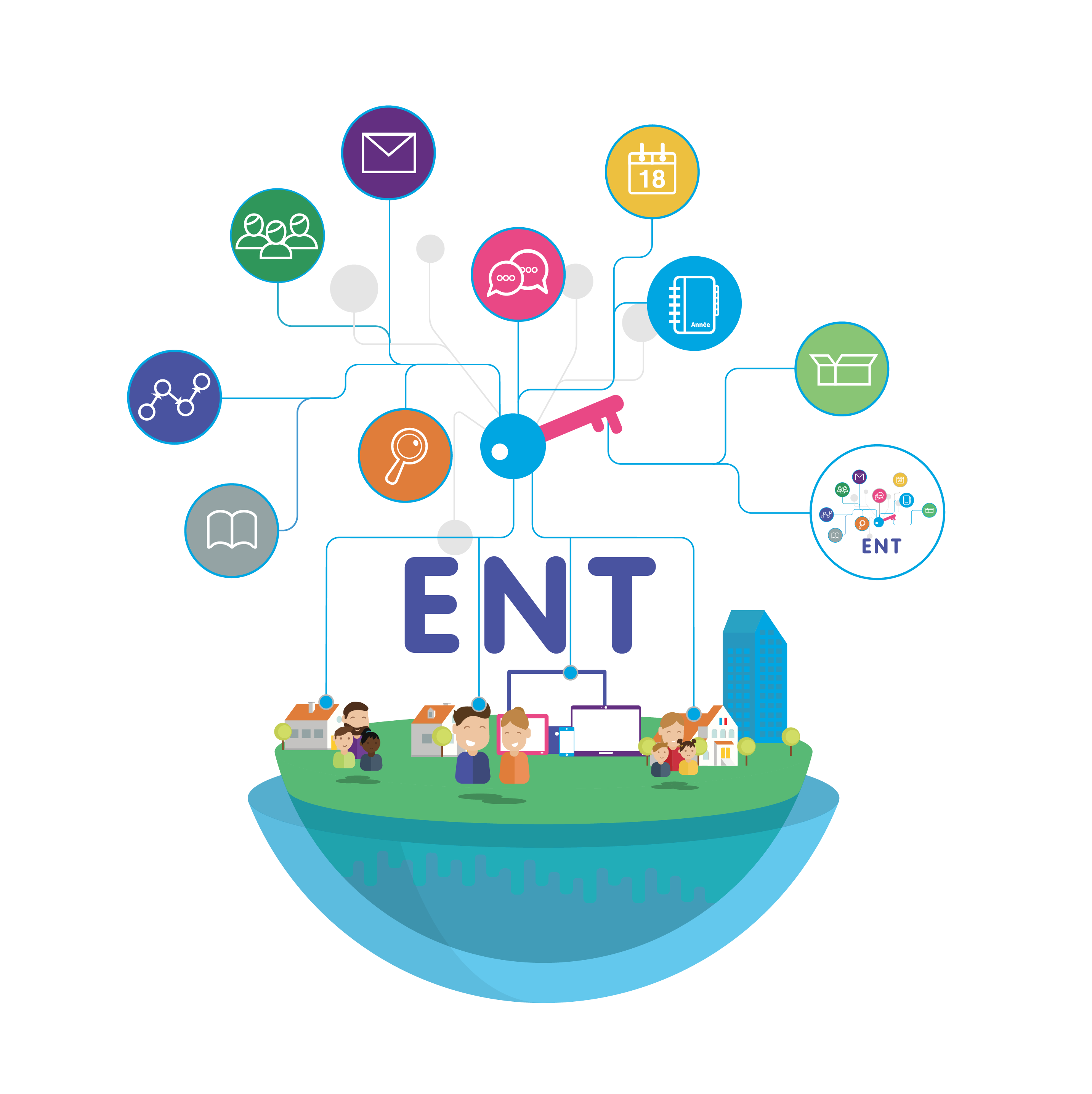The myopia boom
Short-sightedness is reaching epidemic proportions. Some scientists think they have found a reason why.
Evidence-based medicine: Save blood, save lives
Transfusions are one of the most overused treatments in modern medicine, at a cost of billions of dollars. Researchers are working out how to cut back.
Social media: A network boost
Information scientist Cassidy Sugimoto was initially sceptical that Twitter was anything more than a self-promotional time-sink. But when she noticed that her graduate students were receiving conference and co-authoring invitations through connections made on Twitter, she decided to give the social-media platform a try. An exchange that began last year as short posts, or 'tweets', relating to conference sessions led to a new contact offering to help her negotiate access to an internal data set from a large scientific society. “Because we started the conversation on Twitter, it allowed me to move the conversation into the physical world,” says Sugimoto, who studies how ideas are disseminated among scientists at Indiana University in Bloomington. “It's allowed me to open up new communities for discussions and increase the interdisciplinarity of my research.”
Neuroscience in court: The painful truth
Brain-scanning techniques promise to give an objective measure of whether someone is in pain, but researchers question whether they are reliable enough for the courtroom.
Optics: Super vision
It seemed too good to be true, says Allard Mosk. It was 2007, and he was working with Ivo Vellekoop, a student in his group at the University of Twente in Enschede, the Netherlands, to shine a beam of visible light through a 'solid wall' — a glass slide covered with white paint — and then focus it on the other side. They did not have a particular application in mind. “I really just wanted to try this because it had never been done before,” Mosk says. And in truth, the two researchers did not expect to pick up much more than a faint blur.
Travailler ensemble pour la santé
La communauté mondiale possède suffisamment de ressources pour faire face à la plupart de ces problèmes sanitaires ; mais le fait est qu’aujourd’hui de nombreux systèmes nationaux de santé sont affaiblis, peu réactifs, iné-quitables voire dangereux. Ce dont on a besoin maintenant, c’est de volonté politique pour mettre en œuvre des plans nationaux accompagnés d’une coopération internationale pour adapter les ressources, exploiter les connaissances et mettre en place de solides systèmes de santé pour traiter et prévenir les maladies et promouvoir la santé des populations. Si l’on veut faire sauter les blocages qui s’opposent à la réalisation des objectifs nationaux et mondiaux en matière de santé, il est essentiel de constituer un corps d’agents de santé compétents, motivés et bénéficiant des sou- tiens nécessaires. Les soins de santé constituent une activité de services exigeant un personnel nombreux. Les prestateurs de soins personnifient les valeurs fondamentales du système ils s’occupent des malades et les soignent, assurent la prévention des maladies et réduisent les risques –, ils sont l’intermédiaire humain qui relie la connaissance à l’action sanitaire. Œuvrant au cœur du système, le personnel est l’élément moteur de tout progrès en matière de santé. Il est largement prouvé que le nombre et la va leur du personnel influent de manière positive sur la couverture vaccinale, l’extension des soins de santé primaires ainsi que sur la survie juvéno‐infantile et maternelle (voir Figure 1). On a montré qu’il y avait une corrélation entre l’issue favorable des affections cardio‐vasculaires et la compétence des médecins, ainsi que leur densité.
Les gaz de schistes
Depuis quelques années, le développement rapide en Amérique du Nord des gaz non conventionnels a bouleversé le marché du gaz naturel. On regroupe plusieurs types de production comme les tight gaz, les gaz de schistes ou les gaz de houille. Leur point commun réside dans la nécessité de «stimuler» la roche pour obtenir une production commerciale de gaz.
Mission d’information et d’évaluation sur le gaz de schiste
Premier forage pilote de gaz de schiste en Algérie
Consensus Scientifique sur Risques liés à l'exploitation de gaz de schiste en Europe
Career counselling: Pick a path
Sarah Cullen was eyeing the impending end of her postdoctoral position and wondering what to do next. She had earned a PhD in microbiology and immunology at the University of Arkansas in Fayetteville in 2009, and was now studying the behaviour of breast-cancer cells. But she felt that it was time for a change: she knew that postdocs are jammed into the scientific pipeline every year but fill only a tiny number of faculty research jobs
Download English article
Outreach: Speak up for science
David Robert Grimes, a postdoctoral researcher at the University of Oxford, UK, is an adamant defender of science, but the blog post he wrote in August caused quite a stir, even for him. Troubled by an upcoming vote by Dublin City Council on whether to stop fluoridating the city's water supply, in his post he implored councillors to heed evidence that fluoridated water helps to prevent and slow tooth decay. His contention that claims to the contrary are inflammatory, invalid and dishonest prompted critics around the world to call for his resignation, he says
Download English article
Autonomous vehicles: No drivers required
Automation is one of the hottest topics in transportation research and could yield completely driverless cars in less than a decade.
Download English article







